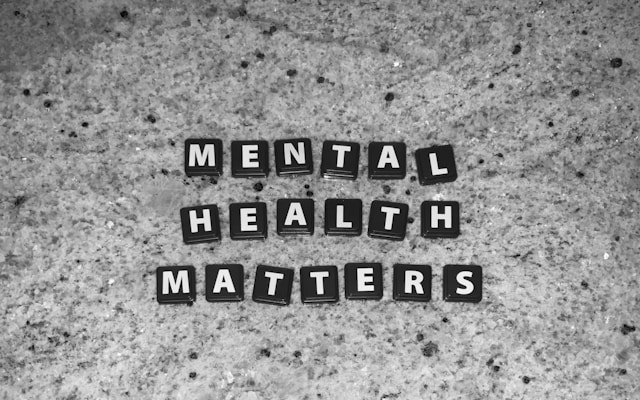In today’s fast-paced and demanding world, the significance of mental health cannot be overstated. Mental health encompasses our emotional, psychological, and social well-being, influencing our thoughts, feelings, and actions.
It affects how we handle stress, relate to others, and make choices. Therefore, nurturing our mental health is vital for our well-being and a fulfilling life. This article aims to shed light on the importance of mental health and provide valuable tips for improving it.
Why Is Mental Health Important?
Mental health plays a pivotal role in every aspect of our lives. Here are a few key reasons why it holds such great significance:
Emotional Well-being
Maintaining good mental health promotes emotional well-being. It allows us to effectively cope with life’s challenges, handle stress, and experience many positive emotions. When our mental health is strong, we are better equipped to handle setbacks, bounce back from adversity, and find joy and fulfillment in our daily lives.
Productivity and Performance
A good mental state improves productivity and performance in various realms of life. When mentally healthy, we can concentrate better, think creatively, solve problems efficiently, and maintain focus. Whether in personal relationships or professional pursuits, mental well-being boosts our ability to excel and achieve our goals.
Interpersonal Relationships
Mental health influences our interactions and relationships with others. It helps us establish and maintain healthy connections, communicate effectively, and empathize with others’ emotions. Nurturing our mental health allows us to foster supportive relationships, leading to a more fulfilling social life.
How Has Mental Health Changed Over The Past 2 Generations?
Over the past two generations, mental health awareness and understanding have significantly evolved. Here are some key changes observed:
Reduced Stigma
In the past, mental health was often surrounded by stigma and misconceptions. People were reluctant to seek help or openly discuss their struggles. However, with increased awareness and education, the stigma has gradually diminished. More individuals are comfortable seeking support and openly discussing their mental health concerns.
Greater Access to Resources
Access to mental health resources has expanded over the years. Therapeutic services, counseling, and support groups are more readily available today. Additionally, technological advancements have introduced online platforms and apps that provide mental health support, making it easier for individuals to access needed help.
Tips For Improving Mental Health
Enhancing mental health is an ongoing process that requires active effort and self-care. Here are some practical tips to improve and maintain your mental well-being:
Prioritize Self-Care
Make self-care a priority by engaging in activities that bring you joy and relaxation. This can include hobbies, exercise, spending time with loved ones, or simply taking a break when needed. Taking care of your physical health through regular exercise, adequate sleep, and a balanced diet also contributes to mental well-being.
Build a Support System
Nurture your relationships and cultivate a strong support system. Surround yourself with positive, understanding individuals who uplift you. Share your thoughts and feelings with trusted friends or family members who can offer support and a listening ear during challenging times.
How To Start A Mental Health Journey
Embarking on a mental health journey requires self-reflection and a commitment to personal growth. Here are some steps to help you begin:
Acknowledge the Importance: Recognize the significance of mental health in your overall well-being and commit to prioritizing it.
Assess Your Current State: Reflect on your mental health and identify areas requiring attention or improvement. Be honest with yourself and seek professional guidance if needed.
Set Realistic Goals: Establish achievable goals that align with your mental health aspirations. Start small and gradually work towards bigger changes.
Seek Support: Surround yourself with individuals who support your mental health journey. This can include friends, family, or support groups.
